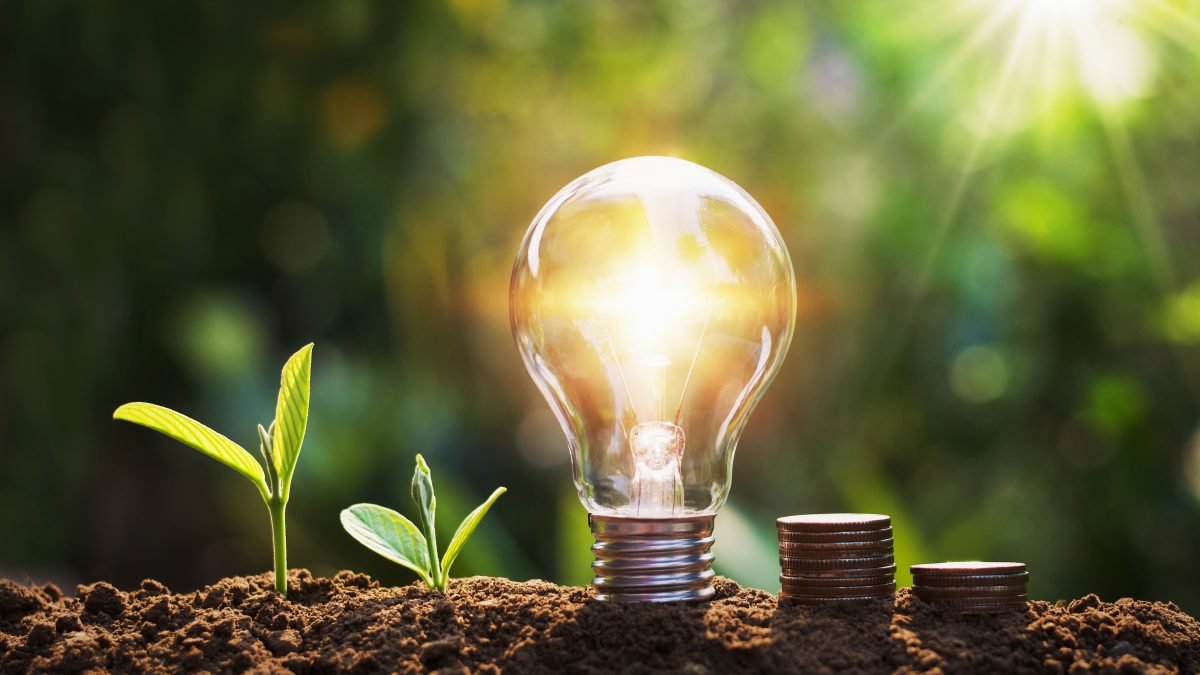Your Furbnow Privacy Settings
In order to give you the best experience, we use cookies for performance, analytics, personalisation, advertising and to help our site function. Want to know more? Read our Privacy Policy.
Published on September 19th, 2023
What Will A Heat Pump Cost Compared To A Traditional Boiler? The cost of a heat pump compared to a new boiler can vary significantly based on factors such as the type of heat pump, the type of boiler, installation requirements, and location. While heat pumps generally have a higher upfront cost than traditional boilers, it's important to consider the long-term savings and benefits they offer. Here's a breakdown of cost considerations for both heat pumps and boilers: Upfront Costs Heat Pump: The upfront cost of a heat pump can be higher than that of a new boiler. Heat pumps involve the purchase of the unit itself, installation costs, and any necessary modifications to your home (e.g., ductwork, ground loop installation for ground source heat pumps). Boiler: Traditional boilers generally have lower upfront costs, as they primarily involve the purchase and installation of the boiler unit itself. However, additional costs may arise if there are any modifications needed for the installation. Installation Costs: Heat Pump: Heat pump installation costs can vary based on factors such as the type of heat pump, the complexity of the installation, and whether any additional components or modifications are needed. Ground source heat pumps, for example, may require excavation for the ground loop installation, which can increase installation costs. Boiler: Boiler installation costs typically include labor, piping, and other necessary components. The complexity of the installation and the type of boiler (e.g., gas, oil, or combi boiler) can influence installation costs. Operating Costs and Savings: Heat Pump: Heat pumps are known for their high energy efficiency, which can lead to significant long-term savings on energy bills. While the initial investment may be higher, the lower operating costs over the system's lifespan can offset the upfront cost difference. Boiler: The operating costs of boilers depend on factors such as fuel type and efficiency. While boilers can have lower upfront costs, their ongoing energy consumption may be higher compared to heat pumps. Long-Term Savings and Benefits: Heat Pump: Over time, the energy savings of a heat pump can result in substantial cost savings. Additionally, heat pumps offer the benefit of providing both heating and cooling, reducing the need for separate systems and potentially saving on air conditioning costs. Boiler: Traditional boilers may have lower upfront costs, but they may be less energy-efficient and have higher long-term operating costs.

The cost of a heat pump compared to a new boiler can vary significantly based on factors such as the type of heat pump, the type of boiler, installation requirements, and location. While heat pumps generally have a higher upfront cost than traditional boilers, it's important to consider the long-term savings and benefits they offer. Here's a breakdown of cost considerations for both heat pumps and boilers:
Heat Pump: The upfront cost of a heat pump can be higher than that of a new boiler. Heat pumps involve the purchase of the unit itself, installation costs, and any necessary modifications to your home (e.g., ductwork, ground loop installation for ground source heat pumps).
Boiler: Traditional boilers generally have lower upfront costs, as they primarily involve the purchase and installation of the boiler unit itself. However, additional costs may arise if there are any modifications needed for the installation.
Heat Pump: Heat pump installation costs can vary based on factors such as the type of heat pump, the complexity of the installation, and whether any additional components or modifications are needed. Ground source heat pumps, for example, may require excavation for the ground loop installation, which can increase installation costs.
Boiler: Boiler installation costs typically include labor, piping, and other necessary components. The complexity of the installation and the type of boiler (e.g., gas, oil, or combi boiler) can influence installation costs.
Heat Pump: Heat pumps are known for their high energy efficiency, which can lead to significant long-term savings on energy bills. While the initial investment may be higher, the lower operating costs over the system's lifespan can offset the upfront cost difference.
Boiler: The operating costs of boilers depend on factors such as fuel type and efficiency. While boilers can have lower upfront costs, their ongoing energy consumption may be higher compared to heat pumps.
Heat Pump: Over time, the energy savings of a heat pump can result in substantial cost savings. Additionally, heat pumps offer the benefit of providing both heating and cooling,
reducing the need for separate systems and potentially saving on air conditioning costs.
Boiler: Traditional boilers may have lower upfront costs, but they may be less energy-efficient and have higher long-term operating costs.
Written by

Oisin Teevan